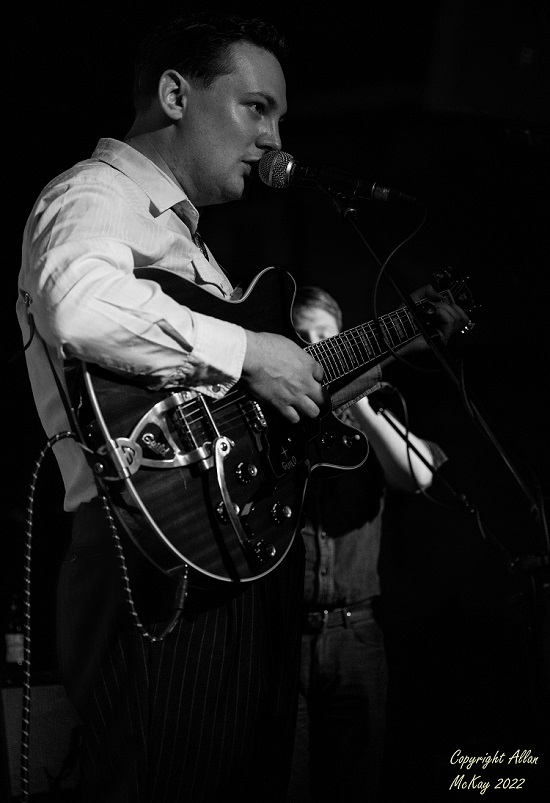
This probably needs a bit of explanation, mainly about the reason why Music Riot exists. What we’re about is promoting music that’s worth listening to but probably isn’t going to get too much mainstream attention. We know that we can’t make a difference for Springsteen or Dylan (not that either of needs any help) but we just might persuade a few people to listen to a Rob Heron album. The five favourites we’ve chosen are all albums that we’ve reviewed this year, so don’t expect to see anything mainstream there. What they have in common is that they’re all good (we don’t believe in negative reviews – there’s enough negativity without us adding to it) and they all deserve to be heard. In no particular order.
St Paul’s Boulevard – Michael McDermott
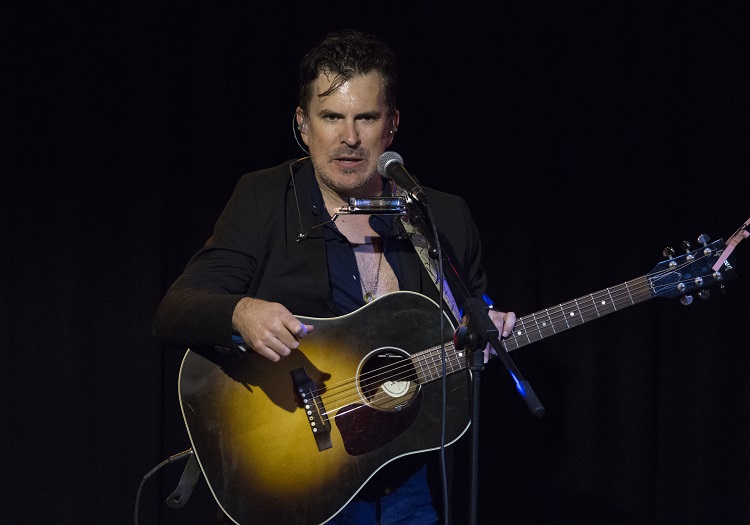
Michael’s been a big favourite at Riot Towers since The Westies ‘Six on the Out’ in 2016 and with good reason. He’s a great songwriter steeped in the tradition of American popular music, whatever the genre. He can also persuade great players to work with him (Will Kimbrough for example) on his albums. ‘St Paul’s Boulevard’ is an album that looks back with gritty realism at Michael’s difficult past, and forward to a positive with clear-eyed, multi-hued optimism. The title track’s a wonderful piece of work, harking back to Michael’s early Chicago days and describing one of those places we probably all have that were important to us because of the people we met there. And the great lyric: “None of the heroes around here have capes, they’re just talking in taverns and on fire escapes”.
‘Paper Hearts and Broken Arrows’ – Rod Picott
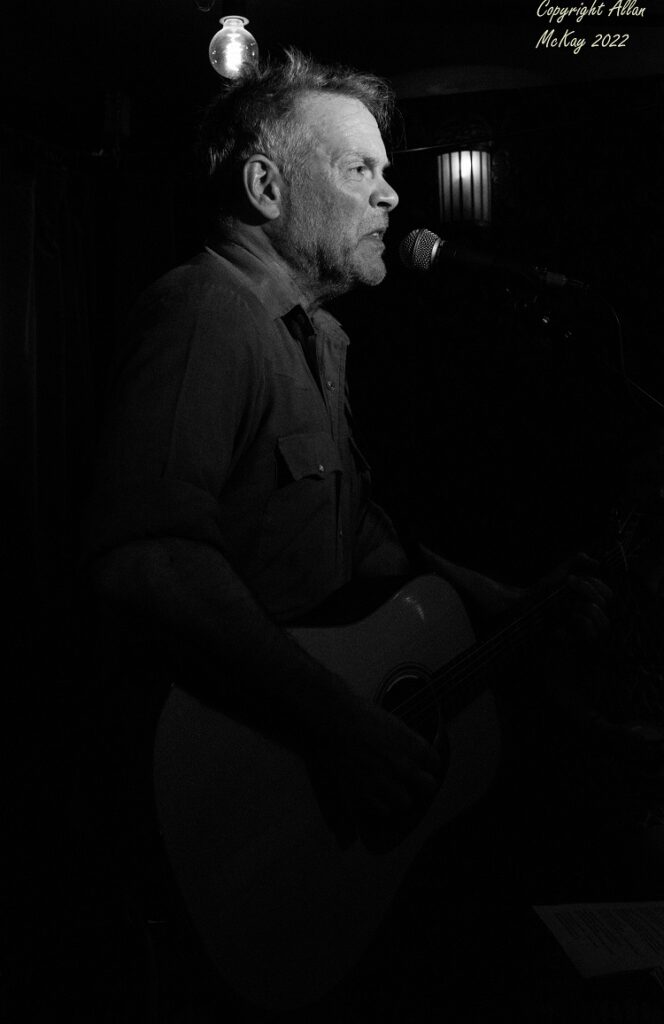
Like Michael McDermott, Rod is another Music Riot favourite. I should also say they’re both great people as well. ‘Paper Hearts and Broken Arrows’ is a potent mixture of songs that range from the very personal through social comment to the historical. ‘Revenuer’ has an interesting history; it’s based on a Taylor Brown novel about moonshine runners, but when Rod mentioned this to Taylor, he fessed up to stealing the idea from Steve Earle’s ‘Copperhead Road’. The other song that really caught our attention was ‘Sonny Liston’, Rod’s exploration of the complicated life of the heavyweight boxer. Let’s finish on a great lyric again: “Two big fists pumping like pistons, nobody punched like Sonny Liston”.
Every Seed we Plant’ – Alice DiMicele
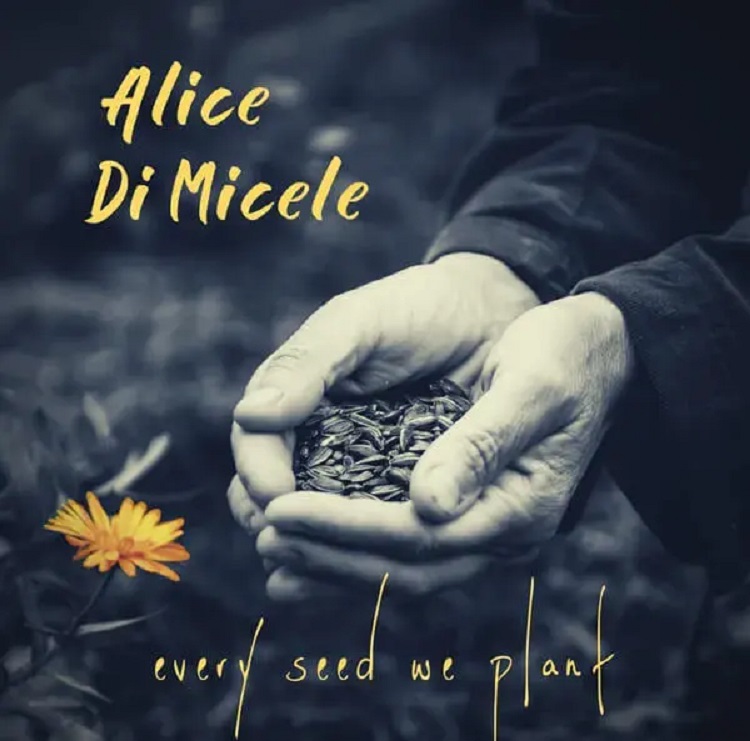
Alice’s sixteenth album is one of the many we reviewed in 2022 that’s influenced by the pandemic that we somehow managed to live through. The songs on the album have a huge emotional range, from raging anger to a heart-warming dog story. ‘Dispatch’ is a very angry song about the killing of a retired black Marine in his own home in White Plains, New York after mistakenly calling in a Life Aid medical alarm – it’s harrowing. ‘Dear Elaine’ is at the opposite end of the spectrum; it’s a tale of the healing relationship built between a woman and her dog. The album takes a journey from historic raw rage to a positive look into our future. Alice’s vocals need a mention as well; she has a huge dynamic range from a sweet whisper to a rock growl. There’s a bit of everything here.
‘Leo’ – Pete Gow
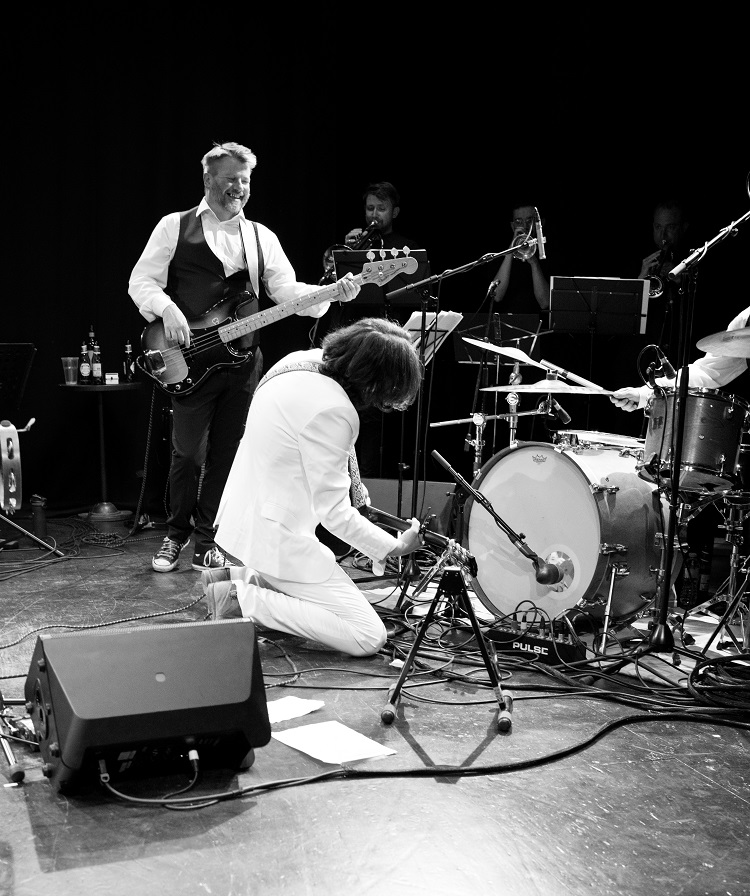
Pete’s a very interesting songwriter. He’s a former member of Case Hardin (with the brilliant Jim Maving) and, as a Scottish songwriter living in and writing about London, there’s an inevitable comparison with the late Gerry Rafferty. ‘Leo’ is a full-blooded production featuring a rock band, string section and a horn section with arrangements by Joe Bennett creating some really interesting textures to back up Pete’s fascinating narratives. If you want two highlights, ‘Side III of London Calling’ paints a post-gig picture of a seedy musician on the pull, while ‘Leonard’s Bar’ is the classic ‘one last job’ petty criminal story. The album hangs together really well and the songs sound great in a live setting. And Pete’s a nice guy as well.
‘The Party’s Over’ – Rob Heron & the Teapad Orchestra
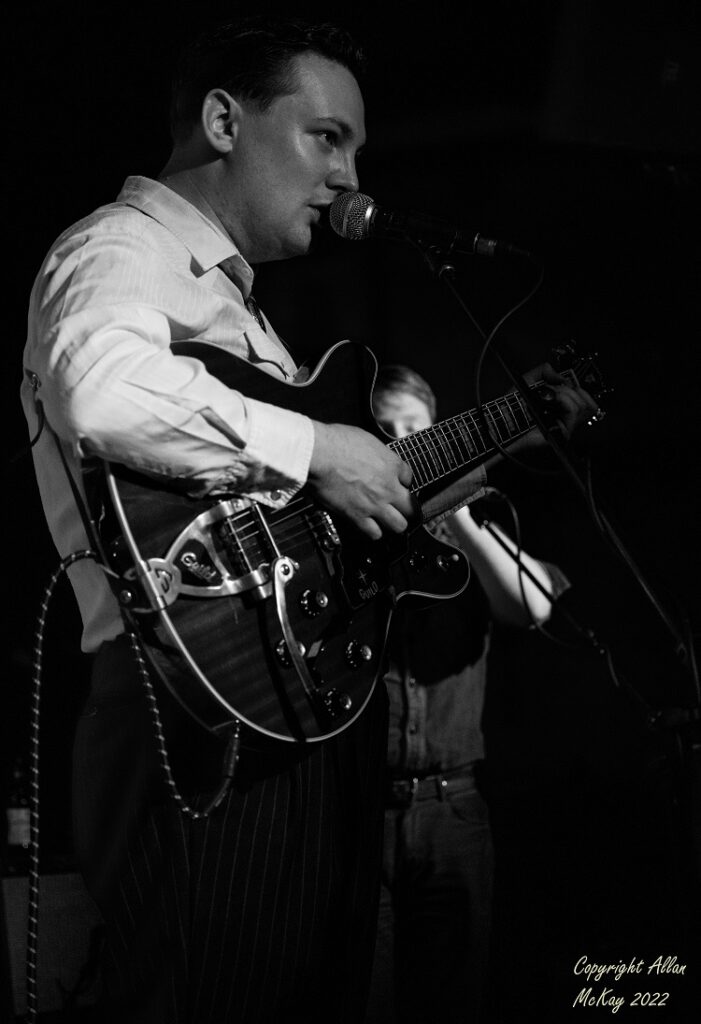
So let’s get this over with first, Rob’s a great guy as well. He read the Music Riot review of this album just before going on stage at the London gig at The Lexington and made a couple of references to it on stage. The album continues Rob’s tradition of eclectic musical influences and even a few political references as well. ‘Snip Snap Snout’ is nonsense zydeco (which is exactly what Rob intended it to be), ‘The Horse That You Rode In On’ channels the Frankie Laine classic ‘Rawhide’ and the light-hearted ‘The Doctor Told Me’ pulls in the House of the Black Gardenia horns to create a New Orleans funeral band feel. I did say it was eclectic. And, like everyone else mentioned here, you really should see Rob & the Teapad Orchestra live – they’re phenomenal.
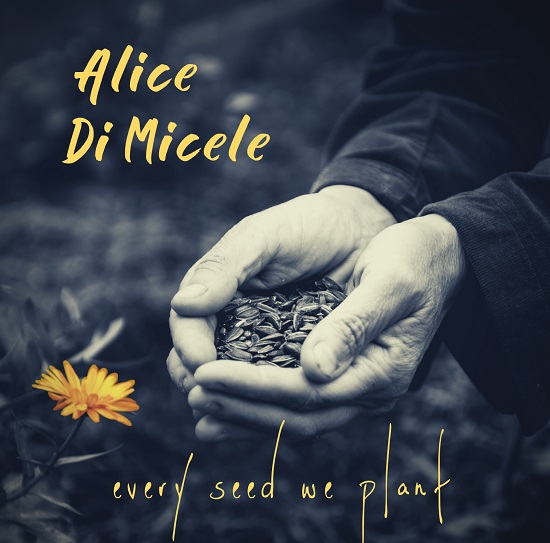
Three decades in the business and fifteen albums is quite an impressive achievement. ‘Every Seed We Plant’ is the next step; album sixteen. The good news is that Alice’s creativity is undimmed after that time and her voice is still as powerful as ever over the whole of its wide range. The album displays a wide range of styles from the slow country waltz feel of ‘Sweet Elaine’ to the soulful rock of the album’s opener ‘For Granted’. The styles may vary but there are several themes related to the last two years running through the album that create a sense of unity across the piece. Apart from the obvious references to grief, there’s anger, redemption, joy and a sense of rebirth. The album’s opening and closing songs both have references to planting and nurturing.
The two songs that best demonstrate the emotional range of the album are ‘Dispatch’ and ‘Sweet Elaine’. ‘Dispatch’ is a very angry song about the real events that led to the killing of a black retired Marine, Kenneth Chamberlain, in his home in White Plains, New York. The story’s told from the point of view of the dispatcher responsible for sending the police to activations of LifeAid medical alarms, who was called by Chamberlain asking the police to withdraw. It’s a very angry song about something that’s still way too common in America today, told in a very compelling way. ‘Sweet Elaine’ is a slow country-rock waltz telling the beautiful story of a woman and a dog who profoundly change each other’s lives. The slight vibrato on the vocal and the Eagles-style vocal harmonies create a happy and relaxed feel that perfectly matches the positive narrative.
The album opens with ‘For Granted’, a soulful rock groove in a seventies style that evokes Maggie Bell or even an in-tune version of Janis Joplin. It nods in the direction of Etta James’s ‘I’d Rather Go Blind’ (the unnecessary cover of choice for many a second-rate blues-rock band) with a rock band line-up including organ and piano (with the obligatory triplets of course). Alice’s voice is so versatile that there are comparisons to be made with Joni Mitchell, Rickie Lee Jones and many others. The band arrangements are equally diverse, with ‘Jersey’, not surprisingly, having a hint of the E Street Band as it takes a hammer to the New Jersey stereotypes that Alice has probably heard for most of her life.
As a whole, the album takes a journey through the various stages of recovery from the pandemic and its associated woes from grief to rebirth, with the final two songs, ‘Sweet Elaine’ and ‘’Every Seed’ looking forward to a more hopeful future. It’s a lovely example of creating beautiful art from unpromising raw materials.
‘Every Seed We Plant’ is out now in the UK on Alice Otter Music (AO116).
Here’s the video for the title song:
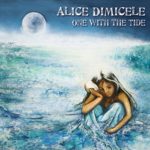 Alice DiMicele’s a highly-principled songwriter. She creates songs about the things that matter to her, whether it’s the environment, land rights of indigenous peoples or being in a relationship with an alcoholic. To these powerful themes she adds a wide range of musical stylings to create nine songs (nine song albums, is that a thing now?) that demonstrate a wide range of influences while retaining an organic, rootsy feel. If that wasn’t enough, she has a tremendous voice with a huge range and the ability to work across different styles. All of this and a John Lennon cover to close out the album. Sounds good to me.
Alice DiMicele’s a highly-principled songwriter. She creates songs about the things that matter to her, whether it’s the environment, land rights of indigenous peoples or being in a relationship with an alcoholic. To these powerful themes she adds a wide range of musical stylings to create nine songs (nine song albums, is that a thing now?) that demonstrate a wide range of influences while retaining an organic, rootsy feel. If that wasn’t enough, she has a tremendous voice with a huge range and the ability to work across different styles. All of this and a John Lennon cover to close out the album. Sounds good to me.
As much as I love the elemental, environmental themes of the album, the song that I want to hear again and again is “Lonely Alone”, a poignant ballad that tells the story of life with an alcoholic. It all fits together perfectly, from Alice’s soulful delivery (reminiscent of Etta James’ “I’d Rather Go Blind”) to the Steve Cropper-like crystal-clear guitar solo and even the prominent accordion; there’s not a note out of place. It’s followed immediately by the uplifting “Waiting” with its South African rhythms and a bit of steel pan to add a Caribbean carnival vibe to create a feeling of joy that throws the stark environmental messages into sharp contrast.
Apart from these two songs, the overall sound of the album has hints of The Band (maybe it’s the Hammond B3 and slide guitar) and some interesting string arrangements (on “The Other Side” and “Seeds”) and a lovely stripped-back version of the final song, the album’s only cover. It’s fair to say that “Imagine” isn’t my favourite song, but Alice strips away the overblown elements of the original and, with some delicate finger-picked guitar, harmony vocal and cello; can you believe it, “Imagine” with a cello solo?. It’s only a delicate touch, but the call and response of ‘brotherhood of man’ and ‘sisterhood of woman’ transforms the song completely.
“One with the Tide” is an album full of seemingly effortless performances, thought-provoking lyrics, startling contrasts and superb vocals. Favourite song? Has to be “Lonely Alone” with the perfect soul combination of a sparse arrangement, melancholy theme and Alice’s soaring vocal.
“One with the Tide” is released on Friday January 19 on Alice Otter Music (AO114).
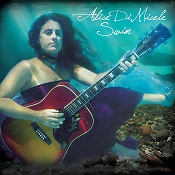 If you still believe in the album format, and Music Riot certainly does, then the sequence of tracks on the album is important and the opening track should set the tone for the rest of the album: it certainly does here. There are no instrumental pyrotechnics on “Soul Fly Free”, no amps cranked to eleven, just a bunch of great musicians laying down a smooth groove overlaid with Hammond and steel guitar that wafts over you like a cool breeze on a still August day. I would normally namecheck most of the musicians, but Alice DiMicele has pretty much used two bands plus a raft of guest musicians to create “Swim”, her thirteenth self-released album so, if you’ll forgive me, I’ll give that a miss this time.
If you still believe in the album format, and Music Riot certainly does, then the sequence of tracks on the album is important and the opening track should set the tone for the rest of the album: it certainly does here. There are no instrumental pyrotechnics on “Soul Fly Free”, no amps cranked to eleven, just a bunch of great musicians laying down a smooth groove overlaid with Hammond and steel guitar that wafts over you like a cool breeze on a still August day. I would normally namecheck most of the musicians, but Alice DiMicele has pretty much used two bands plus a raft of guest musicians to create “Swim”, her thirteenth self-released album so, if you’ll forgive me, I’ll give that a miss this time.
It’s also difficult to pigeonhole Alice; she’s had a couple of attempts herself with ‘organic acoustic groove’ but there are an awful lot of other influences there as well. The album’s closing track “Ripple”, a Grateful Dead cover, is pure country, laid back and with some lovely piano courtesy of the legendary Bill Payne. “When Jane Rides Scout”, dealing with the bond between a woman and her horse, has a trumpet solo which adds a Mexican feel to the song, while “If I Could Move the World” (reworked from the 1994 album, “Naked”) is in a slow jazz styling with muted trumpet which evokes out-of-focus neon lights on a misty night and a vocal which is reminiscent of Rickie Lee Jones.
Alice is renowned as an environmental campaigner and the album features a couple of songs which use human stories as a framework for highlighting environmental concerns. “Old Life Back” sets the controversial practice of fracking (and the ideology backing it up) against the story of a farmer forced to abandon his farm and move to the city. It’s powerful stuff. “School House” combines a narrative about returning to your roots with concerns about the environmental impact of damming the Klamath River in north-western USA. Alice creates a happy ending by looking into a future where the dams have been destroyed and the river is running its natural course again. Vocally, the pathos of “Old Life Back” and the passion of “School House” combine with simple and powerful melodies to create a powerful message.
There are some very personal songs on the album as well. “Inside” deals with the impact of death on those left behind, and the spirit living on in those people, while the uptempo “Open Road” concerns soul mates who are also free spirits and how the apparent contradiction is resolved. “This Love” creates emotion by having Alice sing at the lower end of her range (with a hint of k.d. lang) backed by finger-picked guitar and mellow strings, while “Swim” is unlike anything else on the album. Guitar, bass, Hammond and drums create a swirling, sinuous, funky groove to underpin the vocal, punctuated by stabs and fills from the horn section.
You won’t feel your attention wander while you’re listening to this album; it’s diverse both musically and lyrically. It takes you on an emotional journey for the uplifting “Soul Fly Free” through the harrowing “Inside” to the ebullient and irrepressible “Swim”. It should make you think a little bit along the way as well.
Out on Monday May 4th. Available from CDBaby or iTunes.


